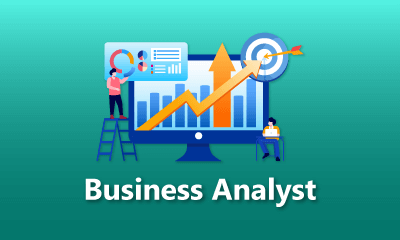How to Pass ba certification toronto?
Obtaining a BA certification Toronto can be a significant career milestone, opening doors to numerous opportunities in various industries.

Obtaining a BA certification Toronto can be a significant career milestone, opening doors to numerous opportunities in various industries.

In the rapidly evolving landscape of data-driven decision making, the role of a data analyst has become increasingly vital.

In the ever-evolving landscape of modern business, data has become the lifeblood of decision-making processes.


In the current fast-changing digital age, data has turned out to be the life blood for any business that can help in having competitive advantage and innovation.

Data analysis is one of the skills that have experienced growing demand in almost all business segments.

To embark on a career as a business analyst, one must not only acquire fundamental data analysis competencies but also demonstrate adeptness in extracting valuable insights from datasets.

If you are someone who has an interest in business analytics and desires to pursue a career in business analyst, then you must explore the certification courses available for entry-level professionals.

Data is the most powerful asset, not only for businesses but also by the most of organizations. Data analyst plays the most important role in bridging the gap between raw data and refined data.
With the advanced digital landscape, data has turned out to be the most precious asset which has the capability to make the best decisions among multidisciplinary sectors. This has resulted in ever increasing demand for skilled professionals in the field of data analytics.
